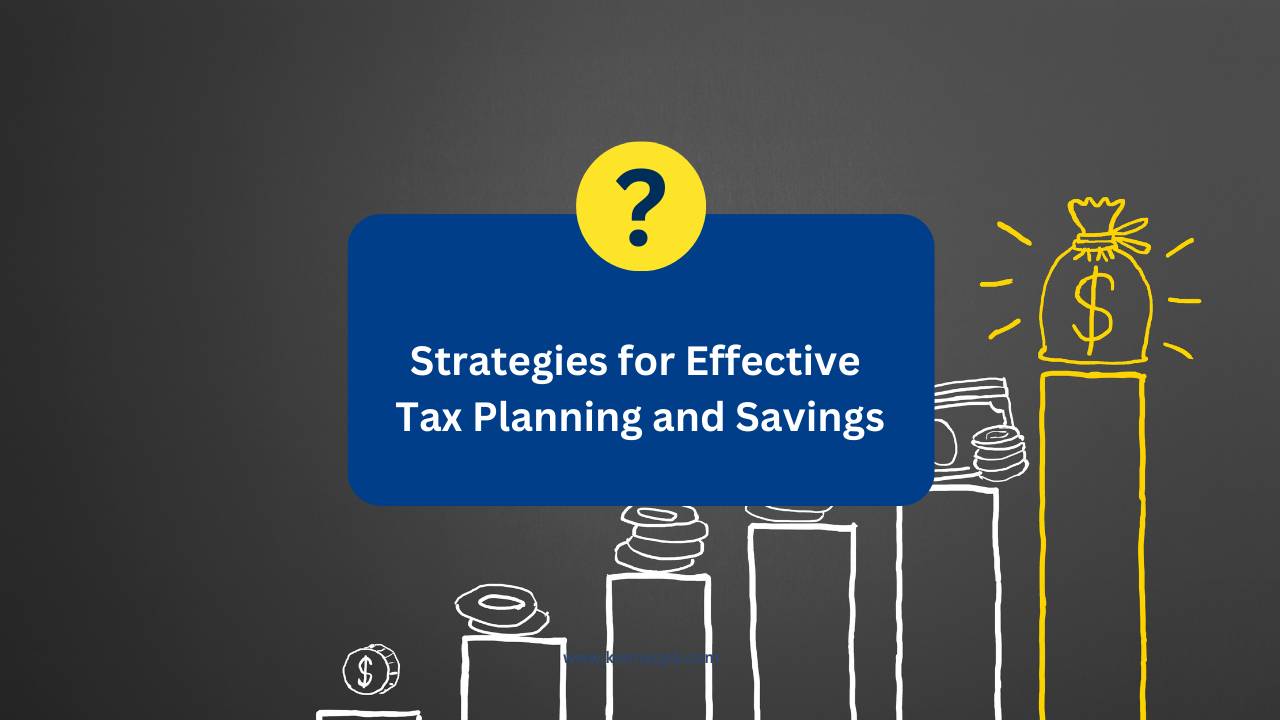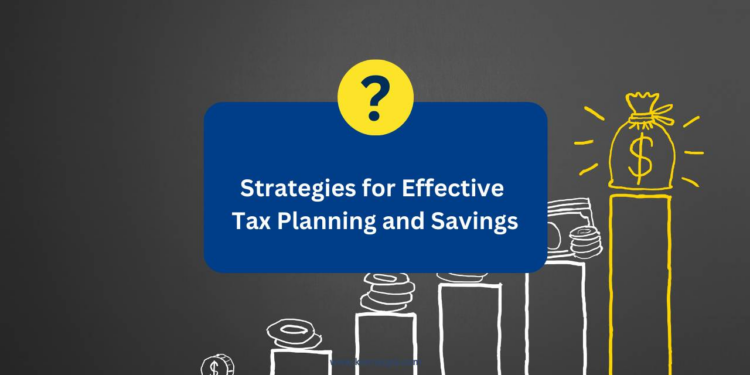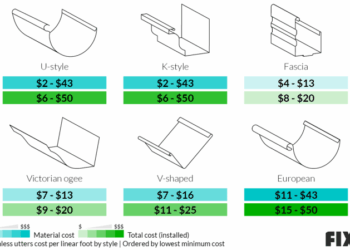Delving into the realm of tax planning strategies for business owners, this introduction aims to provide a comprehensive overview of the importance, types, and benefits of effective tax planning. Stay tuned to uncover valuable insights that can help optimize your tax strategies.
Exploring various tax planning strategies tailored for different business structures and sizes, this discussion will equip you with the knowledge needed to navigate the complex world of tax planning with confidence.

Importance of Tax Planning for Business Owners
Effective tax planning is crucial for business owners to optimize their financial strategies and minimize tax liabilities. By strategically planning their taxes, business owners can ensure compliance with tax laws while maximizing their profits and cash flow.
Benefits of Effective Tax Planning
- Reduction of tax liabilities: By identifying tax deductions, credits, and incentives, business owners can lower their taxable income and ultimately reduce the amount of taxes owed.
- Improved cash flow: Implementing tax planning strategies can help business owners manage their cash flow better by minimizing tax payments and allocating resources more efficiently.
- Enhanced profitability: With reduced tax liabilities and improved cash flow, business owners can reinvest savings back into the business to drive growth and increase profitability.
Consequences of Not Having a Tax Planning Strategy
- Higher tax burden: Without a tax planning strategy in place, business owners may end up paying more in taxes than necessary, leading to a higher tax burden on the business.
- Cash flow challenges: Inadequate tax planning can result in unexpected tax bills that may strain the business's cash flow, making it difficult to meet financial obligations and invest in growth opportunities.
- Missed opportunities: Without proactive tax planning, business owners may miss out on valuable opportunities to take advantage of tax incentives, deductions, or credits that could benefit their bottom line.
Types of Tax Planning Strategies
When it comes to tax planning, business owners have several strategies at their disposal to minimize their tax liabilities. These strategies can be categorized into short-term and long-term approaches, each serving different purposes and benefits.
Short-term Tax Planning Strategies vs. Long-term Tax Planning Strategies
- Short-term Tax Planning Strategies:Short-term tax planning focuses on immediate tax savings and typically involves strategies such as accelerating deductions, deferring income, and taking advantage of tax credits for the current tax year. This approach aims to reduce the business's tax liability in the current financial period.
- Long-term Tax Planning Strategies:Long-term tax planning looks beyond the current tax year and focuses on implementing strategies that can provide sustained tax benefits over time. This may involve structuring the business in a tax-efficient manner, utilizing retirement plans, and engaging in succession planning to minimize estate taxes.
Tax Planning Strategies Tailored for Different Types of Businesses
Depending on the nature and size of the business, certain tax planning strategies may be more beneficial. Here are some examples:
- Small Businesses:Small businesses can benefit from strategies such as claiming deductions for home office expenses, utilizing Section 179 depreciation for asset purchases, and taking advantage of the Qualified Business Income deduction for pass-through entities.
- Corporations:Corporations can explore strategies like income shifting to lower-tax jurisdictions, utilizing tax credits for research and development activities, and implementing tax-efficient compensation structures for executives.
Maximizing Tax Deductions
When it comes to maximizing tax deductions for business owners, there are several strategies that can be implemented to lower taxable income and ultimately reduce the amount of taxes owed. By taking advantage of common tax deductions and keeping accurate records, business owners can optimize their tax planning efforts.
Identifying Common Tax Deductions
- Business Expenses: Deductible expenses such as office supplies, travel costs, and utilities can help lower taxable income.
- Depreciation: Business assets can be depreciated over time, allowing for deductions on the cost of these assets.
- Employee Benefits: Offering benefits such as health insurance or retirement plans can be deducted as business expenses.
Strategies for Maximizing Deductions
- Keep Detailed Records: Maintaining accurate and organized records of expenses is crucial to ensure all eligible deductions are claimed.
- Timing Expenses: Strategically timing major expenses can help maximize deductions in a particular tax year.
- Utilize Tax Credits: Take advantage of available tax credits to further reduce taxable income.
Tips for Keeping Accurate Records
- Use Accounting Software: Implementing accounting software can streamline record-keeping processes and ensure accuracy
.
- Save Receipts: Keep all receipts and invoices related to business expenses to support deductions in case of an audit.
- Consult a Tax Professional: Working with a tax professional can provide guidance on eligible deductions and help optimize tax planning strategies.
Tax-Efficient Business Structures
Choosing the right business structure is crucial for tax planning as it can significantly impact the amount of taxes a business owner owes. Each type of business structure has different tax implications, so it's essential to understand the differences to make an informed decision.
Here, we will compare the tax implications of different business structures such as sole proprietorship, partnership, LLC, and corporation, and provide guidance on selecting the most tax-efficient structure for a business.
Sole Proprietorship
A sole proprietorship is the simplest form of business structure, where the business and the owner are considered the same entity for tax purposes. The owner reports business income and expenses on their personal tax return, and the business itself does not pay separate income taxes.
Partnership
In a partnership, two or more individuals share ownership of the business and contribute to its profits and losses. Partnerships are "pass-through" entities, meaning that business income and losses flow through to the partners' personal tax returns. Each partner is responsible for paying taxes on their share of the partnership income.
Limited Liability Company (LLC)
An LLC combines the limited liability protection of a corporation with the pass-through taxation of a partnership. LLC owners, known as members, report business income and losses on their personal tax returns. This structure offers flexibility in tax planning and liability protection for owners.
Corporation
A corporation is a separate legal entity from its owners, providing limited liability protection. Corporations can be taxed as C corporations or S corporations, each with its own tax implications. C corporations are subject to double taxation, where the corporation pays taxes on its profits, and shareholders pay taxes on dividends received.
S corporations are pass-through entities, with income and losses passing through to shareholders' personal tax returns.
Tax Credits and Incentives
Tax credits and incentives are valuable tools that business owners can utilize to reduce their tax liability and maximize their financial resources. These opportunities are offered by the government to encourage certain behaviors or investments that benefit the economy as a whole.
By taking advantage of these credits and incentives, business owners can significantly lower their tax burden and improve their bottom line.
Available Tax Credits and Incentives
- Research and Development Tax Credit: This credit is designed to incentivize businesses to invest in innovation and technological advancement. Qualifying activities include conducting research, developing new products, or improving existing processes.
- Work Opportunity Tax Credit: This credit encourages businesses to hire individuals from targeted groups who often face barriers to employment, such as veterans, ex-felons, or individuals with disabilities. Employers can receive a tax credit based on the wages paid to these employees.
- Energy Efficiency Tax Credits: Businesses that invest in energy-efficient equipment or renewable energy sources may be eligible for tax credits. This not only helps the environment but also reduces energy costs for the business.
Final Wrap-Up
In conclusion, mastering tax planning strategies is essential for business owners looking to minimize tax liabilities and maximize savings. By implementing the right strategies and staying informed about tax deductions, credits, and incentives, you can secure a strong financial future for your business.
Query Resolution
How can effective tax planning benefit my business?
Effective tax planning can help reduce taxable income, maximize deductions, and improve overall financial efficiency, leading to increased savings and profitability for your business.
What are some common tax deductions that business owners can take advantage of?
Common tax deductions include expenses related to operating the business, such as rent, utilities, salaries, and marketing costs. Additionally, business owners can often deduct expenses for business travel, equipment purchases, and charitable contributions.
How do I qualify for tax credits as a business owner?
To qualify for tax credits, business owners typically need to meet specific criteria set by the government or relevant agencies. This may include factors such as investing in certain industries, hiring employees from targeted groups, or implementing environmentally friendly practices.












